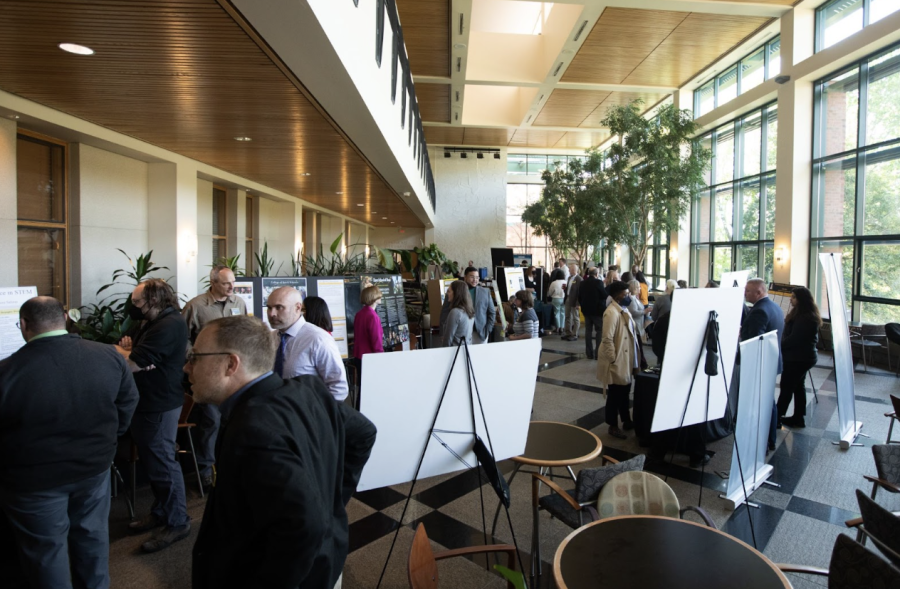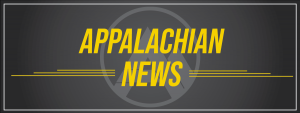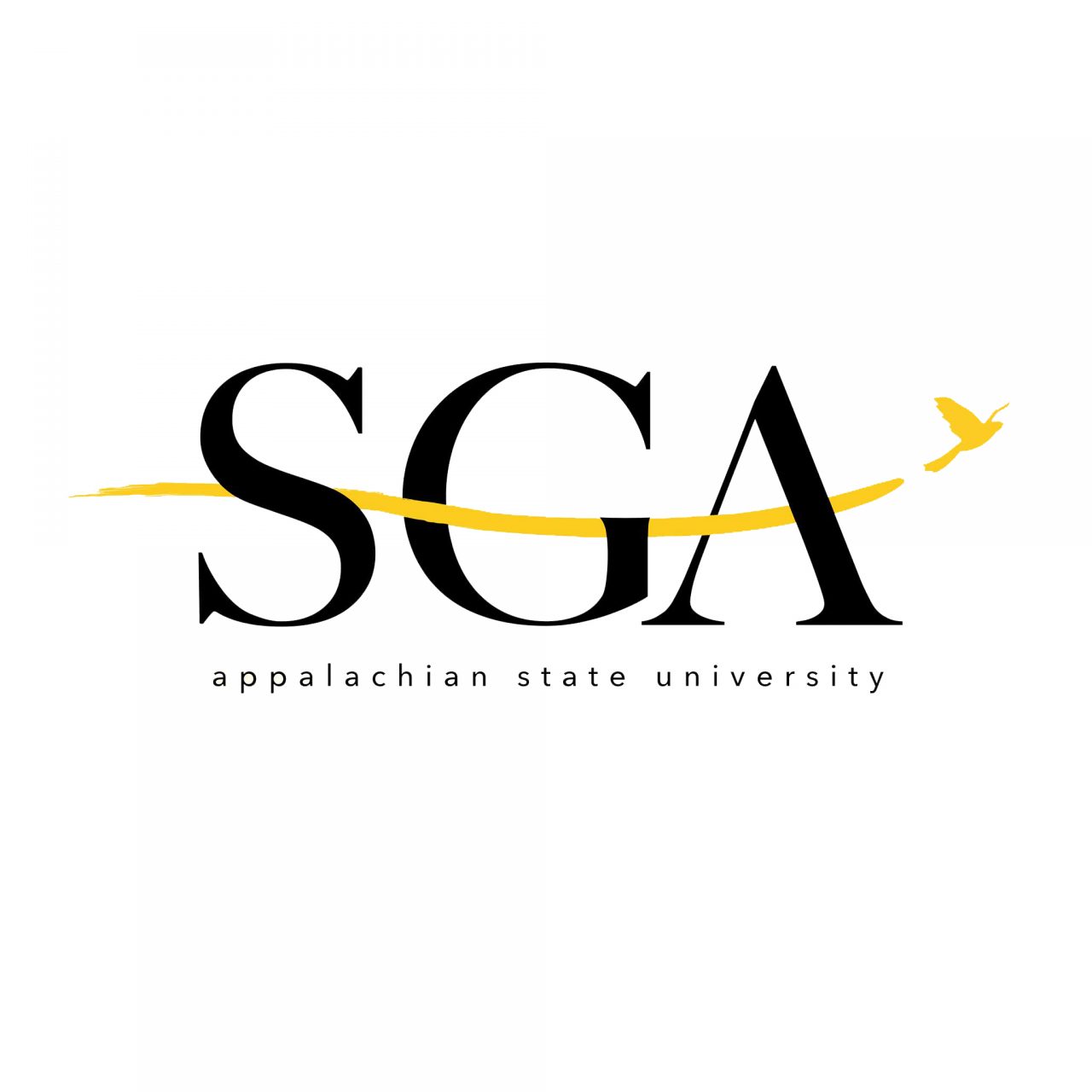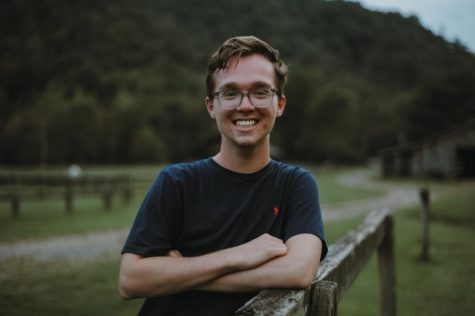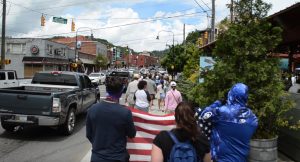App State hosts first annual diversity, equity, inclusion summit
Courtesy of Chase Reynolds, Appalachian State University
Attendees of the DEI Summit make their way through the presentations in the Solarium, April 28, 2022.
May 7, 2022
App State’s interim Chief Diversity Officer hosted the first annual Diversity, Equity and Inclusion Summit April 28.
The summit included a gathering of departments throughout the university explaining their achievements toward Diversity, Equity and Inclusivity goals aligned with the university.
Jamie Parson is an associate professor in the Department of Finance, Banking and Insurance. She also leads the Walker College of Business’ Inclusive Excellence Team.
In an email update regarding the summit, Parson wrote, “Through this outlet we can discuss the challenges in building a welcoming and vibrant campus community.”
Jim Dees, data and assessment specialist with the Office of Sustainability attended the summit to speak about the successes and challenges that come with running the food hub on campus.
“There’s a lot of food insecurity on our campus unfortunately,” Dees said. “So we have been continually growing our food network so we can just give away food so that that hunger doesn’t become a stumbling block to the educational effort here on campus.”
Megan Kasper, assistant director for the College of Fine and Applied Arts and Michael Rybak, coordinator of the Career Development Center said they both came to the summit in order to represent the Career Development Center and its progress with the university’s goals of diversity, equity and inclusion.
“This is a wonderful opportunity to have conversation and even collaboration with colleagues who are doing work across this campus,” Kasper said.
Kaper and Rybak also said they have seen great success working with other departments like Student Affairs and Academic Affairs which have helped them reach out to marginalized student groups.
Associate Director of Intercultural Student Affairs Will Sheppard said having a staff passionate about their work has helped his department find community at App State.
“Giving students the opportunity to shine and giving them programs to cater to what they like and what they need as far as academic and social success will help them continue their success at App State,” Sheppard said.
As well as the successes, both Rybak and Kasper said they believe students need to see what the university is doing to promote the goals which are so often spoken about and contribute to the conversations to make the university a more inclusive place.
“As an institution, we do a lot of talking but I think that we’re at least trying to do the walking,” Rybak said. “Things like this event allow students to communicate other ways that we can walk the walk.”
The greatest challenge the Career Development Center has faced is following industry trends, Kasper said.
Kasper said there are two major issues she sees within the workplace when discussing DEI which she wants his students to be educated on. The biggest issues are when DEI is not promoted enough in the workplace or is not a commitment of an employer to begin with, Kasper said.
Rybak warned of the danger in becoming too comfortable in the strides made by university leadership.
“This event could come off as performative because we’re all standing here talking about all the great things we’ve done,” Rybak said.
The food hub has faced challenges with communicating the existence of the hub and making people feel comfortable if they seek help, Dees said.
“There is no judgment,” Dees said. “We’re counting heads but we don’t care if you come every day; we’re just here to give food away.”
Sheppard said he found making student connections very difficult due to COVID-19.
“Things are not going to be like they were before,” Sheppard said. “So the question really was how are we going to change things and provide beneficial opportunities to students so we can meet them where they are.”
When looking toward the future, Rybak and Kasper said they are seeking to improve students’ adjustments to college in the world of online learning.
“We as practitioners know what the ‘normal’ is to return to, but students never experienced that normal,” Kasper said. “Many of them have never been in college when there wasn’t quarantine or lockdown so we have to adapt to that and make our services and resources accessible.”
Moving forward, Sheppard said he hopes to provide more resources for students to allow them to learn more about their different identities and how they can use those to motivate themselves in “all aspects of their lives.”
“We want to recognize what worked and what opportunities we can move forward with next year,” Sheppard said. “I think we have great momentum and great passion that is in line with the DEI goals set by the university.”

